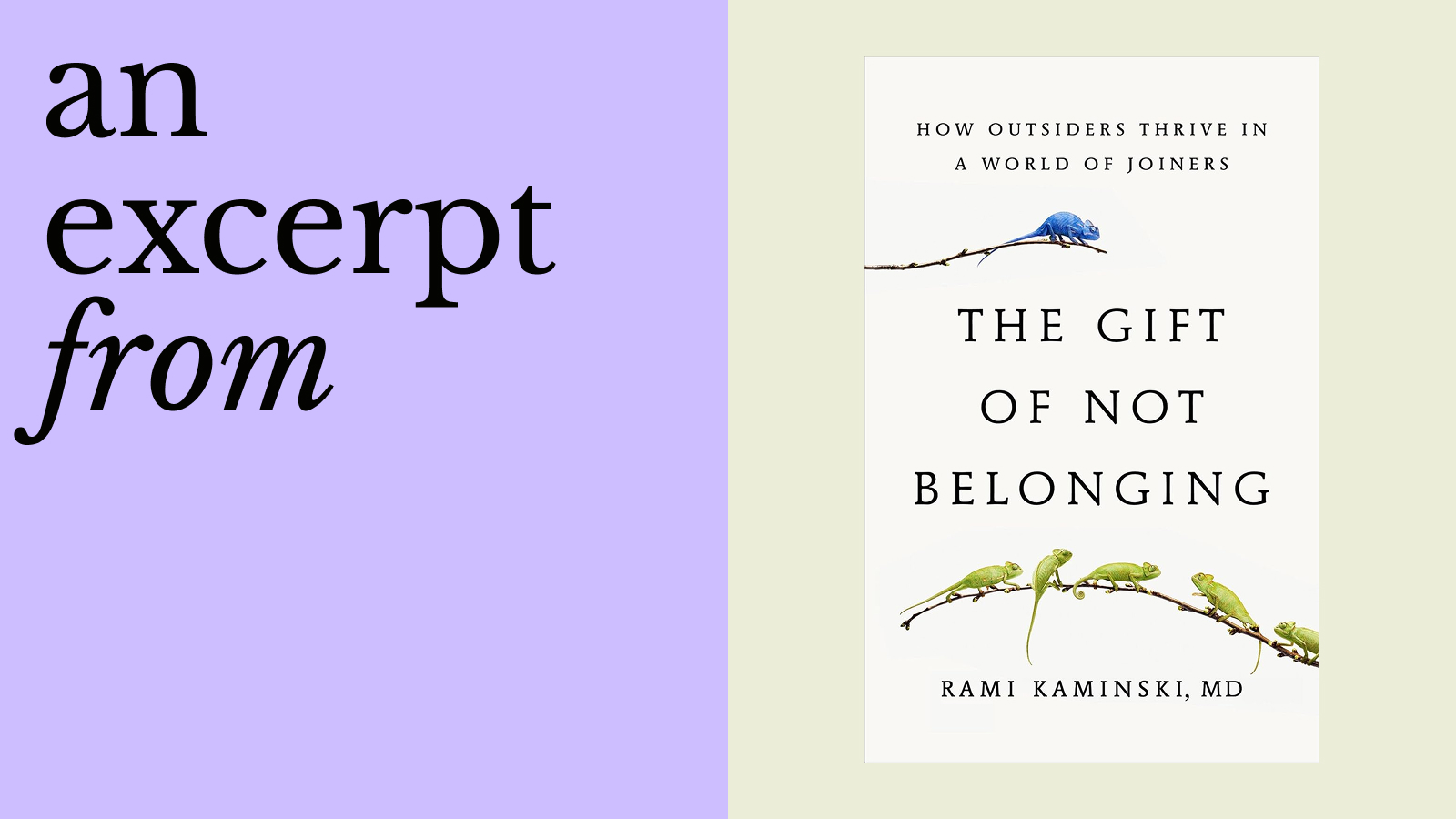For Elinor Ostrom, the path to the 2009 Nobel Prize in Economics was fraught with challenges, but a commitment to great work and a group of rare friends, proved the ultimate source of support.
Question: How has being raised in the Depression affected you?
Elinor Ostrom: Well, I think being raised during the Depression is a very important thing in my generation. I think it meant that I had to learn very early how to work hard and how to be independent and so maybe part of it is that you just learn that you've got to be independent and that the world isn't going to come with you with all sorts of gifts.
Question: Was your family enthusiastic about your field of study?
Elinor Ostrom: Not very enthusiastic. My mother wasn't even enthusiastic about my going to college, but I had good friends in graduate school who were very, very encouraging and I still retain some of those colleagues through all the years, and they made a huge difference.
Question: Was it difficult to find work in your field as a woman?
Elinor Ostrom: Early years it was a challenge to find a position, so in the early years I think being a woman was a big handicap. Pursing the kind of work I have been doing was not very much appreciated across the social sciences, but I just got fascinated with what I was doing and so being a stubborn son of a gun, I just kept going.
Question: How did you deal with opposition from your colleagues?
Elinor Ostrom: Well, trying to do really good field work and then I was very fortunate, I was able, after being a graduate of UCLA during the Vietnam war and eighty entering students and a fair administrative load, I was able to teach my first graduate seminar and I had outstanding graduate students, some of whom have become colleagues and I work with all, have worked with for many years. And I then worked with undergraduate students so that I was able to blend research and teaching in a very active way in Indianapolis studying policing in black communities in Chicago, again studying policing. And that was so interesting that I wasn't so concerned about what my colleagues thought. I just got interested in what I was doing.
Question: How were you treated by your male colleagues?
Elinor Ostrom: Well, it was a big controversy at UCLA in the political science department. They had not had a woman in their program for many years and there were four of us out of forty admitted in the year I was admitted to a doctoral program and there were many of the faculty who were extremely upset. But again, I had many friends that helped me through it.
Question: Do you take issue with those who call your theories “implicitly socialistic”?
Elinor Ostrom: Yes. I don't think they are supporting socialism as a top-down theory. A lot of socialist governments are very much top down and I think my theory does challenge that any top-down government, whether on the right or the left, is unlikely to be able to solve many of the problems of resource sustainability in the world.





